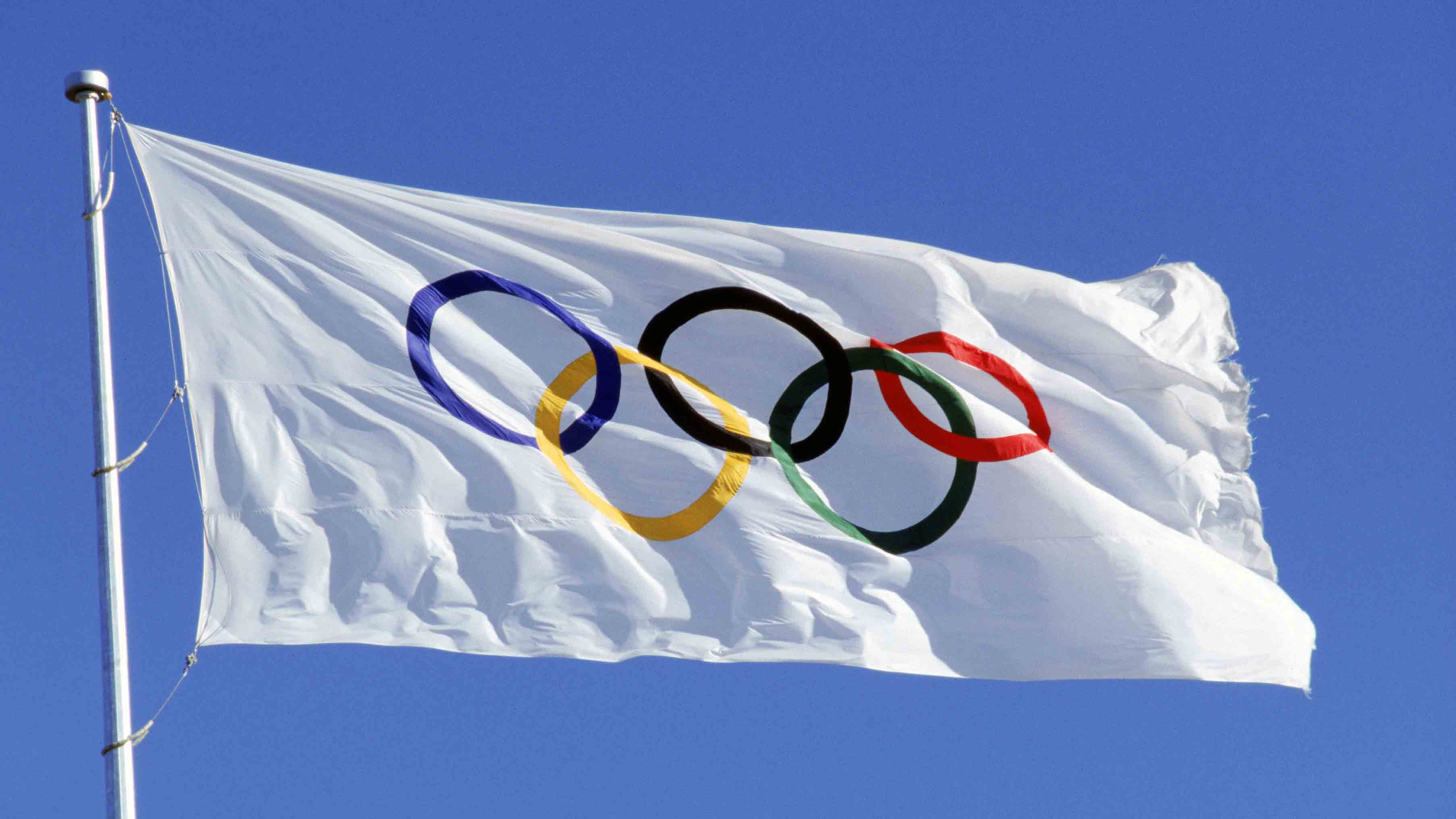Sponsored
All Stories
Should businesses foster diversity just because of the political climate, or are there other inherent advantages in having diversity of people and thought?
The global population is becoming more diverse. As a result, if companies in developed economies don’t diversify their hiring, they may lose out on crucial talent. Cryptocurrencies are here to help.
The Olympic Games may provide a pause in the diplomatic row between North Korea and the United States, but what is likely to happen once the Olympic torch is extinguished on February 25th?
Being too optimistic can have real drawbacks, according to a new study that looks at expectations of life that are not grounded in reality.
A recent study looks at whether collective apologies on behalf of countries may inspire hope that can lead to reconciliation.
Is there a certain spiritual component to hope, supported by a belief in a God that can make goals and dreams come true? Or can an atheist be just as hopeful as a religious person?
Optimism may be quantifiably keeping marriages together, especially after the so-called honeymoon period ends.
Pessimists see bad events in their life as part of a permanent negative state of the world. The optimist is ready to get over the disappointing outcome, often using mantras like “this too shall pass.”
T.C. Boyle will read his short story “Are We Not Men?” at the Los Angeles Hope Festival on Sunday, May 21. The event is free but seats are limited. RSVP here.
The Los Angeles Hope Festival is the celebration and examination of hope and optimism, two paradigmatic mental attitudes that play a vital and influential role in our daily lives.
The belief that things will be better in the future is called optimism bias. Being overly optimistic can lead you to miss an important health check up or make bad financial decisions.
A growing body of scientific investigation now supports the conclusion that being hopeful has a distinctly positive effect on academic performance.
The study of science, without planned application, can lead to fascinating things in its own right.
Neuroengineering, defined as the application of engineering principles to neurological problems, then becomes how we engineer our relationship with existence itself.
How can we solve a problem like Malaria? One doctor has an idea: send in the mathematicians.
What if we told you that, right now, your phone was making a map of your interior surroundings — whether you’re at work or at home — and sending that data to places unknown?
Mathematics is the academic class that is most socially acceptable to regard as your weak point. This is a shame.
What kind of madman would run a business on the mindset that all attempts to fail must be made as quickly as possible, as only then could they succeed? Meet Dr. Astro Teller.

















